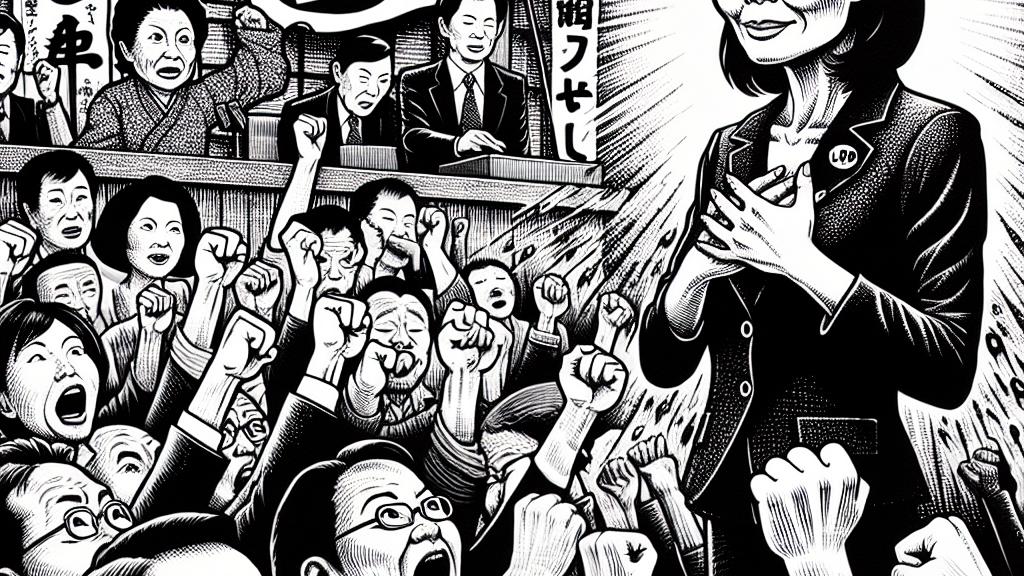The Reason Behind the Withdrawal of Mizuki Sugita from Candidacy
Overview
- Mizuki Sugita, a former member of Japan's House of Representatives, recently shocked many by announcing her withdrawal from the upcoming candidacy.
- This withdrawal has sparked discussions about internal party dynamics within the Liberal Democratic Party (LDP) and how public perception can shape political outcomes.
- Despite initial support for her candidacy, a series of controversies surrounding her comments and financial irregularities ultimately led to her decision.

Background of the Withdrawal
On October 10, 2024, Mizuki Sugita, a prominent figure within the Japanese political landscape, surprised supporters by withdrawing her candidacy for the LDP's proportional representation. Initially, her path seemed promising. The Yamaguchi prefectural LDP branch had publicly supported her, even as they understood the significant hurdles she faced, given her controversial past. Local political insiders suggested that Sugita was seen not merely as a candidate, but as a strategic figure within broader party discussions—a role that could enhance the LDP's profile while drawing on her connections with conservative voters. It's an intricate picture, suggesting that her candidacy was more about the party's ambitions than Sugita herself.
Political and Public Scrutiny
Over the years, Sugita has faced intense public scrutiny, primarily due to her remarks on minority issues, particularly regarding the Ainu people. These statements have not only drawn criticism but have also sparked a dialogue on the LDP's stance on human rights. For example, a recent online petition gathered over 11,000 signatures within just a few days, reinforcing the public's demand for accountability. Activists across the nation voiced their frustration, asserting, 'We deserve representatives who champion diversity and human rights!' This growing momentum put immense pressure on the LDP, forcing them to reconsider their endorsement as the party's values came under scrutiny.
Influential Factors Leading to Withdrawal
The road to Sugita's withdrawal was paved with complex pressures that intertwined public sentiment and internal party politics. On one hand, the chorus of public dissent against her candidacy grew louder, while on the other, her past financial dealings began resurfacing. Initially viewed as a reliable conservative candidate, Sugita found her position increasingly precarious. Key party figures recognized that aligning with her could expose the LDP to reputational risks, leading to potential backlash from their base. Thus, amid mounting challenges, Sugita's decision to step aside became not just a withdrawal from the race but a strategic retreat aimed at protecting her political legacy and the party’s integrity. In this light, her exit reflects a broader narrative of the ever-evolving relationship between political figures and the electorate in Japan.

Loading...